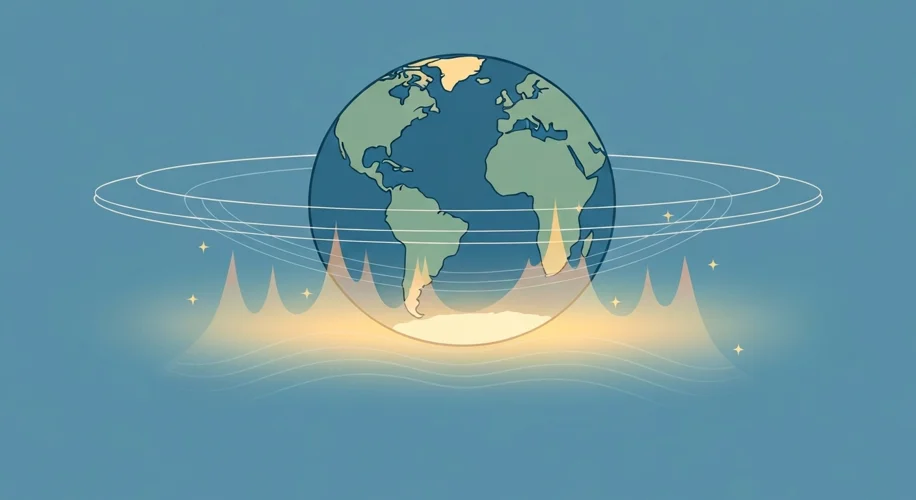Did you know that the protective layer of ozone in our atmosphere, the one that shields us from harmful UV rays, is actually recovering? That’s fantastic news for our health and the environment!
But here’s something new I learned that might surprise you: according to a recent study, this ozone recovery could also accelerate global warming more than we initially thought.
What’s Going On with Ozone?
For decades, scientists have been tracking the depletion of the ozone layer, particularly the infamous ‘ozone hole’ over Antarctica. This depletion was largely caused by man-made chemicals called chlorofluorocarbons (CFCs). Thanks to the Montreal Protocol, an international treaty signed in 1987, the production and use of these harmful chemicals have been phased out. As a result, the ozone layer is slowly but surely healing.
The Unexpected Climate Connection
This is where things get interesting. Ozone itself is a greenhouse gas. While it’s a lifesaver in the stratosphere (high up in the atmosphere), at lower altitudes, it acts more like a pollutant, contributing to warming.
The study, which analyzed climate models, suggests that as the ozone layer recovers, particularly in the stratosphere, it could indirectly lead to changes in atmospheric circulation. These changes might then result in more ozone accumulating in the troposphere (the lower part of the atmosphere where we live). This additional ozone in the troposphere could then trap more heat, potentially increasing global warming by about 40% more than previously predicted from this factor alone.
Why This Matters
It’s a complex system, and this finding highlights how interconnected different parts of our atmosphere and climate are. While the recovery of the ozone layer is a major environmental success story, it also adds another layer of complexity to our climate predictions. Understanding these intricate feedback loops is crucial for developing accurate climate models and effective strategies to combat climate change.
This doesn’t diminish the importance of protecting the ozone layer; it’s still a vital shield. Instead, it’s a reminder that the Earth’s climate system is full of surprises, and continuous research is key to navigating our planet’s future.

